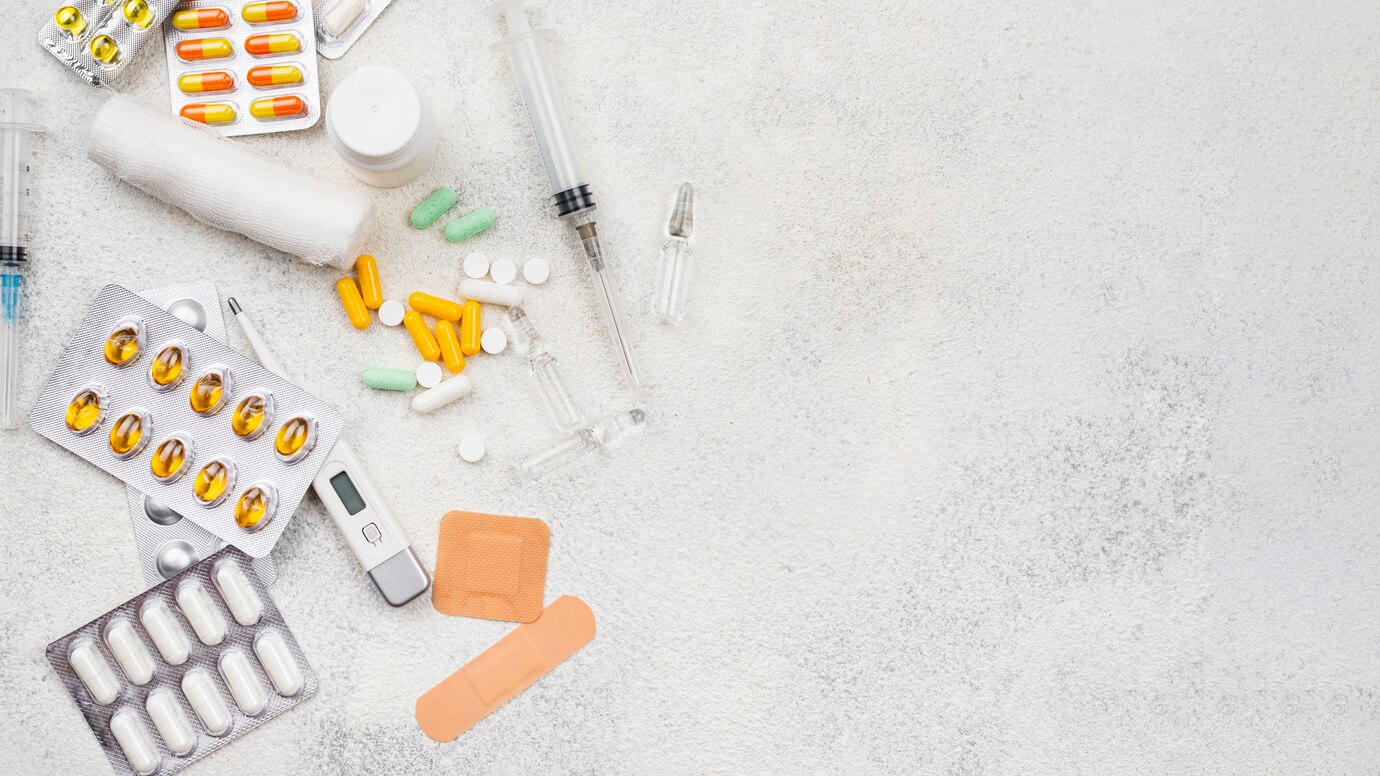Can Medicine Go Bad if Left in the Car?

(Photo Credit: freepik)
Leaving medicine in the car might seem insignificant, but it can actually cause serious issues.
Most medicines are sensitive to temperature, light, and humidity. If stored in unsuitable conditions, they can deteriorate or become ineffective.
Most medications are designed to be stored at room temperature, typically around 25°C to 30°C. However, temperatures inside a car can rise above 40°C on a hot day. This heat can damage the chemical structure of many medications. For instance, insulin, used by people with diabetes, loses its effectiveness when exposed to high heat. Liquid antibiotics may degrade, and nitroglycerin, used for heart conditions, can become ineffective if exposed to heat.
Direct sunlight is another factor that can reduce a medication’s effectiveness. UV rays can break down the active ingredients in drugs, which is why many medicine bottles are opaque or tinted to protect them from sunlight.
To prevent medicine from losing its quality, avoid leaving it in the car, whether in summer or winter. And always check the storage instructions on the medication label or packaging to ensure proper handling.
If you suspect your medication has been exposed to unsuitable temperatures, such as being left in a car for too long or exposed to sunlight, consult a pharmacist. Using compromised medicine may not only be ineffective but could also pose risks to your health.
In conclusion, medications should be stored in suitable conditions, following the storage instructions carefully to maintain their safety and effectiveness. If you are unsure whether your medicine is still usable, it’s best to discard and replace it to avoid potential health risks.
Claim your free car valuation today!
Read More: Is Shirtless Driving Legal in Thailand?
Looking for a car appraisal? You can contact us for a free car valuation within 24 hours…
